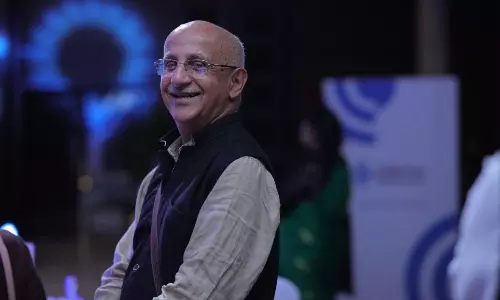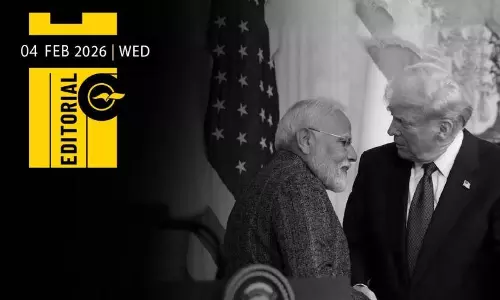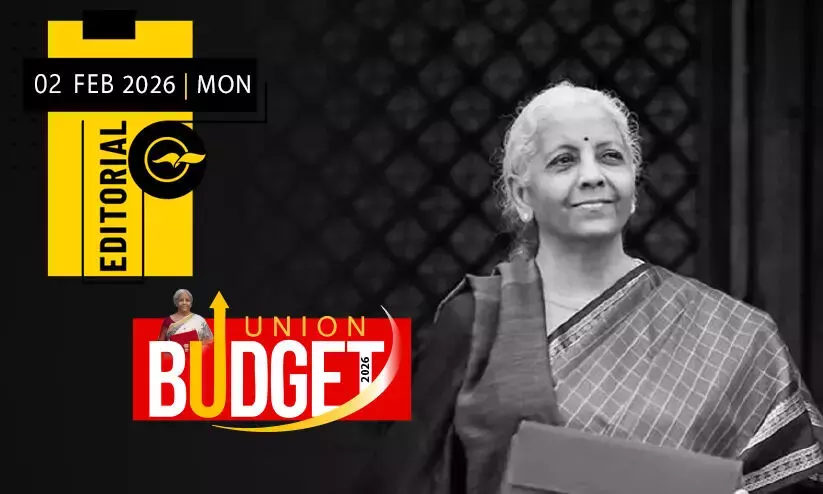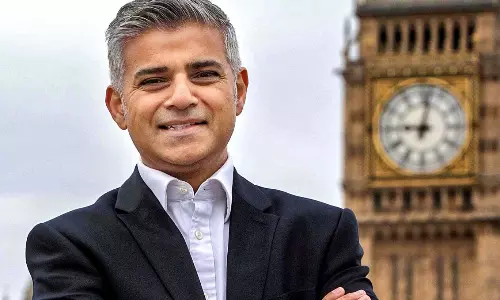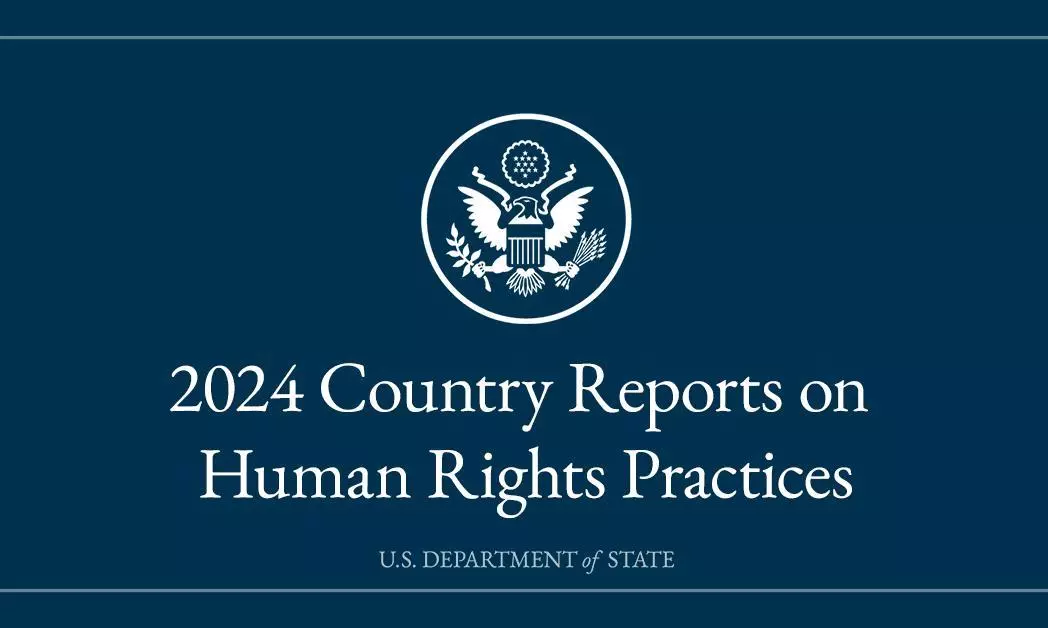
America’s human rights report: a weapon of soft power, not a measure of justice
text_fieldsThe United States has long positioned itself as the global guardian of human rights. Its annual State Department human rights reports, mandated since the 1970s, have traditionally been held up as impartial assessments that inform foreign aid, asylum rulings, and diplomatic leverage. But the 2025 edition, released under the Trump-Rubio administration, is a stunning exercise in erasure and hypocrisy — a document that weaponizes rights rhetoric for political ends, sanitizes the abuses of allies, and undermines the very credibility it purports to uphold.
For Indians observing U.S. foreign policy from a distance — and especially those concerned with growing rights abuses within India itself — the report’s glaring omissions carry implications beyond America’s borders. What does it mean when the world’s most powerful democracy redefines human rights to suit its own political objectives? And what precedent does it set when violations in friendly regimes are ignored, while adversarial ones are spotlighted with fervor?
Among the most egregious examples is the treatment of Israel. The State Department’s report on Israeli human rights abuses dropped a staggering 91% in length compared to last year — from 103 pages to just 9. Gone is the documentation of mass displacement, starvation tactics, and indiscriminate bombing of civilian infrastructure in Gaza. Gone, too, is any reference to the International Court of Justice's genocide case or the ICC’s arrest warrants for Israeli leaders. Instead, the report reserves its harshest language for Palestinian actors like Hamas, reinforcing a narrative of selective moral outrage.
Compare this with the treatment of countries that have fallen afoul of U.S. geopolitical interests. While El Salvador — now a close Trump ally — was praised for having “no significant human rights abuses,” the same report turns a sharper lens on governments in South Africa and Brazil, both of which have challenged U.S. narratives or allied themselves with non-Western coalitions.
For India, the implications are two-fold. First, the glaring inconsistencies in the U.S. report signal that a country’s alignment with Washington — not its rights record — now determines whether abuses are condemned or ignored. This is particularly relevant as the Modi government faces global criticism over crackdowns on dissent, religious minorities, and press freedom. Yet in this year’s abridged and ideologically filtered U.S. rights report, these issues are either downplayed or omitted entirely.
Second, it demonstrates how the U.S. — which routinely comments on India’s democratic backsliding — lacks the moral authority to do so when its own reporting mechanisms are stripped of credibility. How can Washington critique India's treatment of protesters, journalists, or minorities while excusing or whitewashing similar — and in many cases worse — conduct by its strategic allies?
The message is clear: the report is no longer a human rights document. It is a foreign policy tool, a selective mirror that reflects only what suits the White House’s current agenda.
This should alarm rights advocates everywhere — not just in Washington or Tel Aviv, but in New Delhi, Dhaka, and beyond. A weakened U.S. rights framework allows abusive governments to escape scrutiny. It diminishes protections for activists, exiles, and dissidents who rely on such documentation in asylum cases or international advocacy. And it signals to authoritarian regimes that the cost of repression is negotiable — so long as they remain in Washington’s good graces.
For India, which often finds itself on the receiving end of Western critiques, this double standard is both a challenge and an opportunity. It exposes the hollowness of U.S. claims to moral leadership, but also calls on New Delhi to resist adopting similar strategies of selective outrage.
Human rights must be universal — not transactional. They must apply whether the perpetrator is an enemy or a friend, a rival or a partner. This is a lesson being lost on far too many.




